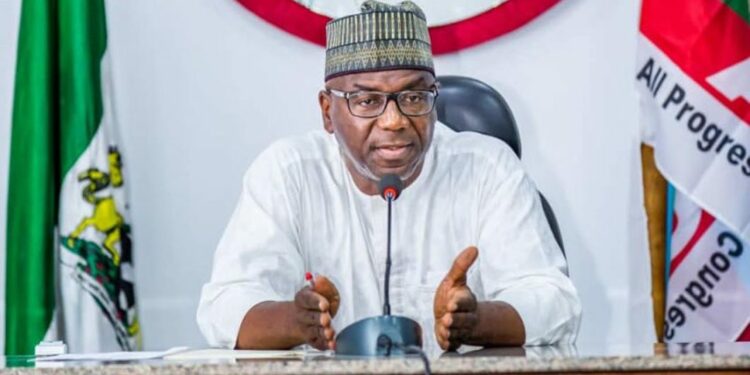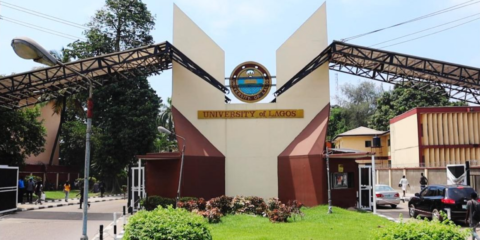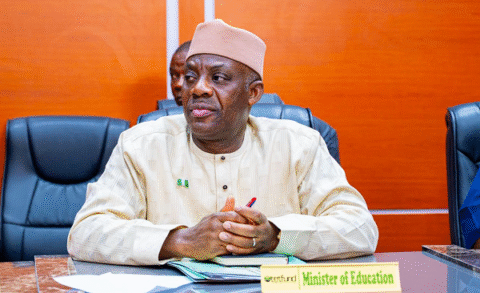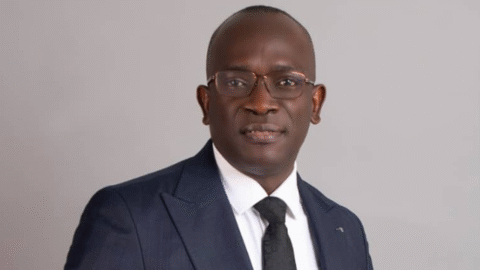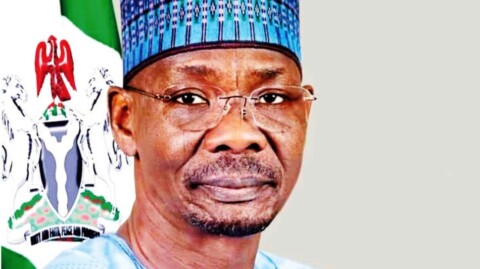Governor AbdulRahman AbdulRazaq of Kwara State, who is also the Chairman of the Nigeria Governors’ Forum (NGF), expressed his enthusiasm on Thursday regarding the federal and state governments’ increased investment in education, totaling N4.6 trillion in 2024. This announcement came during the opening ceremony of a two-day International Conference on Girl-Child Education in Nigeria, organized by the NGF to raise awareness and promote inclusive education through funding and enrollment initiatives.
Governor AbdulRazaq revealed that in 2022, states allocated N1 trillion, which was about 12% of their total expenditures, to education. This amount increased to N1.6 trillion in 2023 and has now risen to N2.4 trillion for 2024, along with a federal allocation of N2.2 trillion. He highlighted that several states, including Lagos, Enugu, Kaduna, Abia, Ogun, Kano, Oyo, Jigawa, Niger, Akwa Ibom, and Kwara, have significantly contributed to these efforts. Many of these states have met or exceeded the international standard of allocating at least 15% of their budgets to education, reflecting a positive trend in education financing by state governments.
During the conference, key topics of discussion included access to education, quality, data-driven strategies, education financing, and the implementation of policies at the state level. The goal is to create a robust action framework that states can use to effectively prioritize girl-child education. To facilitate this, the NGF has established various platforms to advocate for significant reforms. One of these is the NGF-Education Community of Practice (NGF-ECP), which aims to increase primary school enrollment in Nigeria by encouraging collaboration among states, local governments, communities, and other stakeholders. This collective effort seeks to remove barriers to education and foster a supportive learning environment for all children.
The Committee of States Commissioners of Education (COSCEN) also plays a vital role in promoting collaboration and coordinated action to enhance socio-economic and educational development across states, ultimately improving education quality at the grassroots level.
However, Governor AbdulRazaq pointed out that challenges still persist. The empowerment of the girl child continues to face obstacles such as limited access to quality education. Issues like early marriage, early childbearing, poverty, illiteracy, gender-based violence, and discrimination violate girls’ rights to education in many communities. The NGF is increasingly concerned about the growing number of out-of-school children, widespread learning poverty, and the lack of qualified teachers capable of empowering students through education. This conference aims to tackle these pressing educational crises across the states.
Acknowledging that quality education is essential for national socio-economic development, he emphasized that achieving this goal requires strong education financing, highly skilled teachers, comprehensive instructional materials, robust advocacy, and adequate infrastructure. Efforts to re-enroll children in schools, enhance learning outcomes, and ensure sufficient funding are crucial for guaranteeing that every child receives a quality education. Governor AbdulRazaq concluded by stating that this conference serves as a vital call to action, urging all stakeholders to take decisive steps toward improving education in Nigeria.

